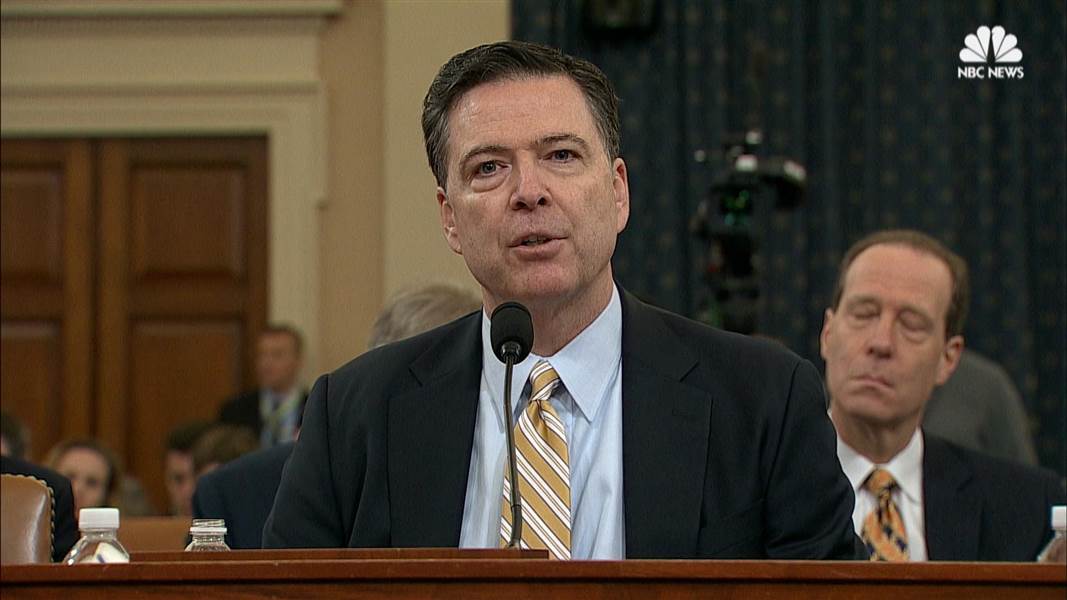Trump FBI Investigation
May 31, 2017
After some considerable public discourse and speculation, the FBI is officially investigating the Russian government’s possible interferences with the Trump campaign and election.
Trump claims such accusations are “fake news” and that there is no evidence to support that Russia was involved. NSA Director Michael Rodgers and FBI Director James Comey said Russia had not hacked into the voting machines but they stood by their claims that Russia had interfered with the election with the intention to hurt Hillary Clinton and help Trump, according to The Atlantic.
After Trump was accused of having connections to Russia, he then tweeted that President Barack Obama had wiretapped his phones prior to the election. Trump asked the House and the Senate to look into his accusation, despite having no evidence to support it.
Businessman Victor Lipman, writing for Forbes in 2017, is cited in this article to address the issue of Trump’s history of factual adherence. Forbes is a media outlet Trump has not included in his blanket scourge of mainstream media (which includes the BBC, CNN, and New York Times, among others).
“Today lying has been elevated to a renegade art form,” Lipman writes. “We call it Fake News … In a year of troubling trends, no trend is more troubling to me than the everyday casualness with
which folks in power, or seeking power, ignore facts or make up their own when real facts don’t suit their needs.”
Lipman explains that Trump has long functioned on false statements: “There’s a fascinating Washington Post article describing a 2007 deposition in which Donald Trump had sued a reporter and accused him of reckless, dishonest work. The reporter’s attorney, however, turned from defense to offense and called Trump in for a deposition. The article goes on to explain how, over the course of two grueling days of testimony, Trump was caught 30 times for past statements or documents that were ‘incorrect or invented.’”
Lipman also writes that Trump has prior experience with falsifying his political track record, based on statements made about “…birther nonsense. Early position on Iraq War. Tax returns under audit. Elections rigged. Voter fraud. Landslide victory. Approval polls rigged…” As one CNN analyst put it on a roundtable discussion, it seems the Trump administration has what one could consider “a hostility to facts.”
Or more specifically, facts that don’t suit its The House and Senate also were busy investigating the possible connection to Russia and the campaign. Two days following these tweets, news reports revealed that Attorney General Jeff Sessions had met twice with the Russian ambassador Sergey Kislyak during the 2016 campaign. These ties with Russia and the campaign are certainly unavoidable.


